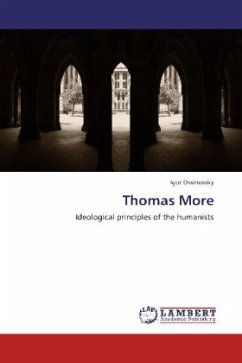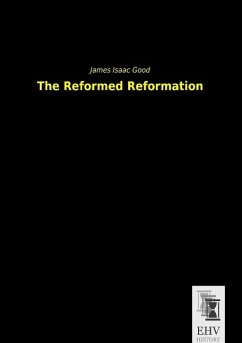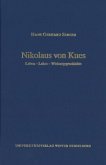More's fame as a brilliant thinker of the Renaissance period is inextricably bound up with the fate of his "Golden Booklet". And this is not by chance, because in "Utopia", which belongs to the golden age of humanism, Renaissance social thought reaches its height in the interpretation of the problem of social justice. Throughout a number of centuries More's book has remained the most reasoned and most decisive condemnation of any social order founded on private property. The estimate of the socio-political activity of Thomas More, of his literary heritage as a whole and of his role in the history of social thought depends to a large extent on one or another understanding of "Utopia" and its place in the history of ideas. And on the other hand the attitude of various historians to "Utopia" affects in one way or another their general perception of the personality of its author. Already in the period of the Reformation, in the conditions of the bitter struggle between the adherents and the adversaries of the official Catholic doctrine, which gave its blessing to the existing feudal system, "Utopia" received sharply contrasting estimates.
Bitte wählen Sie Ihr Anliegen aus.
Rechnungen
Retourenschein anfordern
Bestellstatus
Storno








